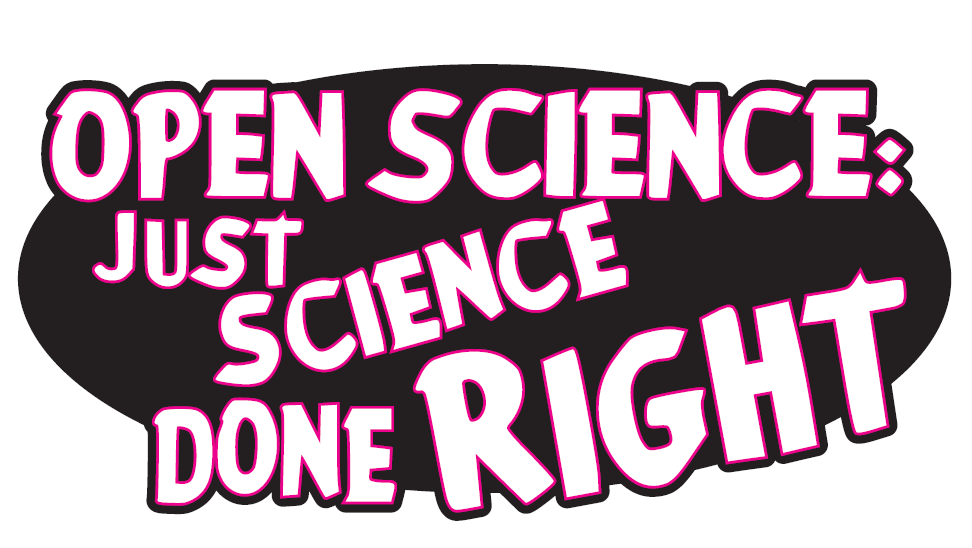Welcome to this course on doing citizen science as open science! Here, we introduce what you can expect to learn in this course, as well as a little information about the creators.

Open science logo by Melanie Imming and Jon Tennant, published on GitHub and Zotero, CC BY 4.0
This short course will introduce the outputs and processes of open science to someone who already has some familiarity with citizen science, whether as a current practitioner or those planning to start a project. Throughout the course, you will learn about many aspects of open science, what they mean, and why open science is important to doing good citizen science. Our hope is that rather than just learning about what open science is, you can be inspired to incorporate open science good practices into your citizen science work.
The primary audience for this course are citizen science practitioners from those already managing a project or starting a new one. However, no prior knowledge is assumed and anyone with an interest in open science is encouraged to take this course.
After completing this course, you will be able to:
For this course, we refer to open science outputs as any output from your research, from data, scientific papers, audio, video, or even blog and social media posts. Processes refer to the ways people work together to conduct research in an inclusive and equitable way.
For an introduction to the concept of citizen science, we recommend taking the courses “Introduction to Citizen Science” and “Citizen Science Typologies”, which are also hosted on EU-Citizen.Science.
This course was developed by Pen-Yuan Hsing and Rafaella Antoniou. Pen received his PhD from Durham University, where he co-founded the MammalWeb citizen science project for wildlife monitoring. Rafaella is a PhD researcher at the University of Bath with experience in delivering engaging online education. Together they represent expertise in open science, citizen science, outreach, and education.
The material contained in this course are all released under the Creative Commons Attribution 4.0 license, which you will learn about later. For now, just know that you can share and remix the contents of this course without restrictions as long as you provide attribution to the creators.
Thank you for joining us, we hope you find the course informative and stimulating.
Accessibility note: In addition to the text, we have included video subtitles and descriptive image captions with alt-text. Each video also has a link to an archived version on the Internet Archive. We appreciate your feedback on any accessibility issues.